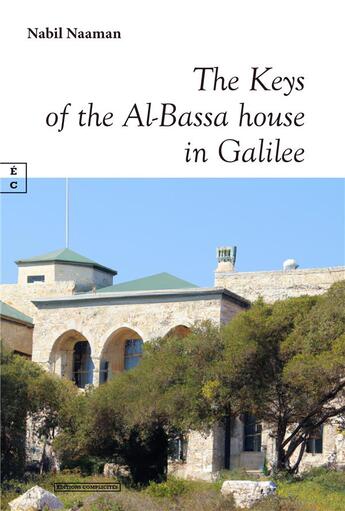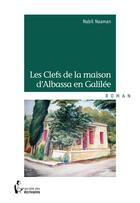-
Date de parution : 17/07/2023
-
Editeur :
Complicites
-
EAN : 9782351206270
-
Série :
(-)
-
Support :
Papier
Résumé:
« In short, in the year 1970, the becomming couple has as much commonalities, mainly psychological and sensitive essences, only of disputes and differences in identity and socio-cultural character. If Fouad and Sarah get perfectly along with their love for eachother, their points of divergence... Voir plus
« In short, in the year 1970, the becomming couple has as much commonalities, mainly psychological and sensitive essences, only of disputes and differences in identity and socio-cultural character. If Fouad and Sarah get perfectly along with their love for eachother, their points of divergence are, on the other hand, obvious, even glaring. This does not suggest any long-term future. Both have understood this and believe that it is useless to worry too much about it. But when you are young and in love, you tend to develop a life-saving faculty : denial. Especially since the disputes and differences can destroy love as much as cement it. » Thus, despite the fracture lines, tensions and pressures, separations and traps, Sarah the Israeli and Fouad the Palestinian will build their relationship, to the point of embodying an example of reconciliation and dialoque. A romantic relationship out of the common, courageous, sometimes sensual, sometimes dramatic - but always obvious -, which N. Naaman has been following here since his first moments, at the dawn of the seventies, in a libertarian Paris. And the novelist to compose a work where dominates, from side to side, this deep hope that dissension can be overcome by passion, and that children can, together, go beyond the conflicts of their parents.
Donner votre avis















